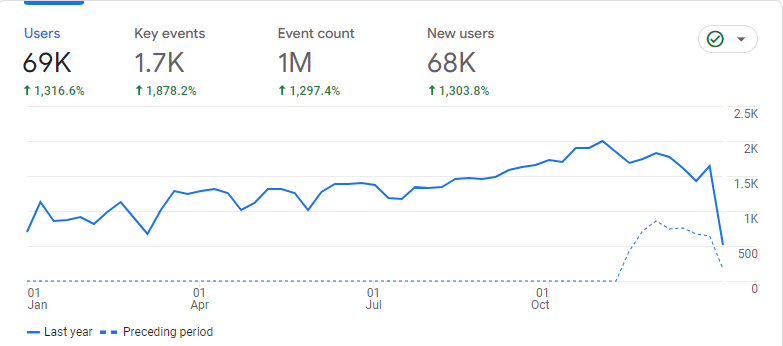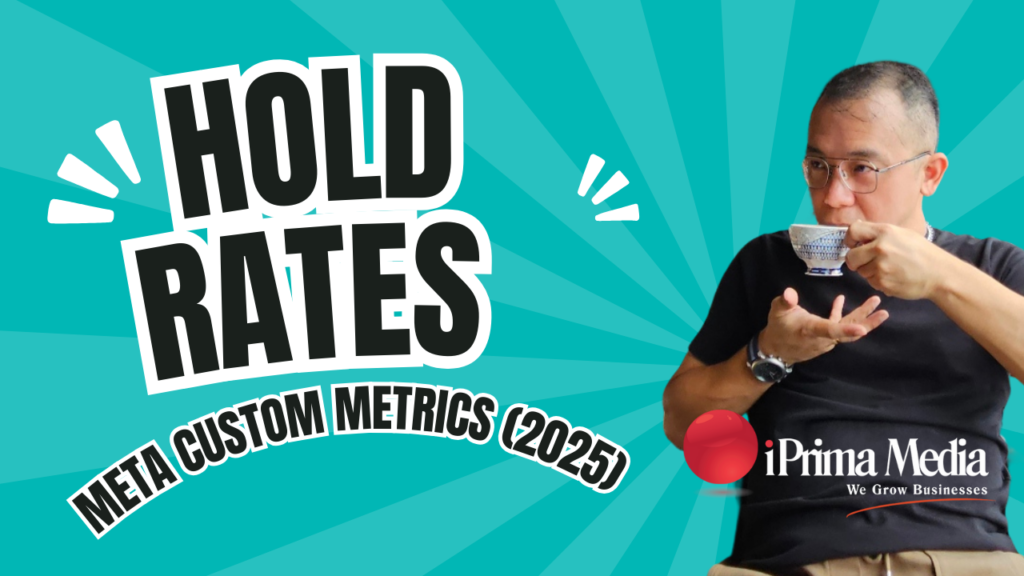The Cabinet Client Background Intro
707 to 1,999 Daily SEO Traffic!
RM13,566 to RM345,677. These aren't just numbers; they're a transformation. A before-and-after snapshot of how our marketing strategies took a struggling website and turned it into a revenue-generating machine!
In Malaysia's cutthroat cabinet installation market, a small family-owned business was struggling to make its mark. Facing stiff competition and limited resources, they dreamed of expanding their reach and boosting profits without breaking the bank.
But how? That's precisely the challenge we tackled for them. Their success story – a tale of innovation, targeted strategies, and digital optimization – is one you won't want to miss.

Understanding the Target Audience
Identification of their hero target audience was among our first steps. Based on thorough market research and analysis conducted by our team, we identified couples with kids who had just moved into new landed houses. Therefore, this segment represented a large part of potential customers, and they had shared interests like traveling or food and having pets in common with each other.
Knowing their way of life and preferences we could craft messages that will resonate well with them.

Crafting a Multi-Faceted Marketing Strategy
To increase their reach further still we came up with multi-faceted marketing strategy that encompassed various channels and tactics:

1. Social Media Engagement:
On social media platforms, we used content to connect to the intended audience.
Hence, creating appealing content not only about clients but also about ideal customers' lifestyles created trust among them as well as made it easy for people to relate to what they were doing.
This went further than showcasing stunning cabinets; it incorporated content that mirrored travel interests, food enthusiasts, and pet owners from the target market, establishing an all-around brand image that resonated with those people on diverse levels.
2. Strategic Partnerships:
For instance, strategic alliances with home appliance retailers were formed to identify related firms.
These partnerships enabled us to promote each other's products and services to an existing customer base already interested in everything home.
Through these partnerships, we increased the client reach without any additional marketing costs.
3. Google My Business Optimization:
Also, the importance of local search visibility was not overlooked, and hence we optimized the clients Google My Business listing.
This involved claiming and verifying their business location, ensuring accurate contact information, adding high-quality photos and videos of their work, and actively encouraging customer reviews.
In this way we were able to improve their online presence making it easier for customers within their locality to find them.
4. Targeted Google Ads Campaigns:
We ran Google ads to drive targeted traffic to clients' websites. We conducted extensive keyword research to determine which words target customers use when searching for our product or services on Google.
Consequently, we created compelling ad copy and landing pages aligned with those keywords to ensure that users who clicked on our ads found exactly what they were looking for.
In so doing; this approach allowed us to maximize ROI while at the same time attracting quality leads from engaging targeted markets, leading up on sales conversion rates being higher than ever anticipated by our team members in several cases while using digital strategy templates available during project planning sessions
5. YouTube Channel Development:
We created a specific YouTube channel to brand the client as an authority in the industry and draw organic traffic.
This featured a range of informative and enjoyable videos, such as tutorials on installing cabinets, tips on house improvements, and lifestyle content that resonated with our target market.
By consistently producing valuable content, we established the client as a dependable information source thus attracting prospects who were actively searching for their services.
Tracking and Measuring Success
To measure our marketing activities' effectiveness, we implemented an elaborate system which could be used to track and measure success. These included:
- Lead Tracking: We followed up leads from initial contact through to sales using Google Sheets and Trello among other tools that would allow us do this efficiently. In this way, we were able to track granularly all the bottlenecks or areas that needed improvement before optimizing the sales funnel any further for maximum conversions.
- Sales Scripts and Follow-ups: We designed detailed scripts for the sales team explaining how they should handle follow-up calls ensuring no lead slipped through their fingers.
- CRM Implementation: We employed Privyr, an easy-to-use CRM software directed towards small businesses. We managed customer relationships while concurrently streamlining sales functions. This resulted in smooth lead nurturing procedures, follow-ups that did not take too long, and improved conversion rates.

Key Performance Metrics
To monitor whether or not our marketing campaign was successful, we constantly reviewed several key performance metrics:
- CPA (Cost Per Acquisition): It helped us know how much it cost on average to get someone interested in cabinet installation services provided by Malaysia's company. CPA enabled us to gauge how cost-effective our various marketing channels are hence we can adjust our strategies accordingly.
- ROAS (Return on Ad Spend): For Google Ads campaigns, ROAS measured revenue per dollar spent on advertising. Therefore it was useful in ascertaining the effectiveness of our ad campaigns and ensuring that we received a positive return on investment.
- ROI (Return on Investment): We calculated ROI for all the marketing activities that took into account ad spend, agency fees as well as any other internal marketing expenses. This gave us a holistic view of how successful the entire marketing strategy was.
- Net ROI (Net Return on Investment): Net ROI was also determined to ascertain actual profits made following this campaign, taking into consideration gross profit earned from increased revenues. A positive net ROI meant that our company was making money instead of just bringing in revenue for its clients.
Achieving Remarkable Results!
The strategies we employed brought exceptional results to Malaysia's cabinet installation firm.
In particular, we managed to increase daily visits to our website from 707 users by 182%, resulting in 1999 visitors per day.
Additionally, monthly revenues, which were RM13,566 at the beginning, soared to RM345,677, thereby boosting the client's business significantly without having to hire more personnel, which shows how efficient and effective our strategies are.
Mitigating the Risk of Negative ROI:
 Negative net ROI can occur for a number of reasons, but proactive strategies were developed to address this issue and sustain profitability.
Negative net ROI can occur for a number of reasons, but proactive strategies were developed to address this issue and sustain profitability.
These included bargaining for better deals with suppliers, increasing prices by strategically bundling services, upselling and cross-selling techniques aimed at boosting customer lifetime value, and launching new products or services with higher profit margins. We would have considered lower-cost marketing activities if we wished to maintain a positive return on investment.
This business success story of Malaysian cabinet installation exemplifies what can be realized from well-implemented data-driven marketing strategy.
By identifying buyer personas, creating valuable content, leveraging strategic partnerships, and optimizing digital channels, among other things, iPrima Media managed to drive impressive growth and profitability without any additional operational expenses for its clients.
Our dedication to constant monitoring and measuring enabled us to adapt our plans whenever necessary, keeping the net impact positive while ensuring sustainable outcomes.
This case study demonstrates how businesses can be changed by applying digital marketing in all industries around the globe.
You Might Be Interested In These Too!
 The Power of Long-Tail Keywords: #1 Ultimate Guide To Use It For SEOMay 15, 2023
The Power of Long-Tail Keywords: #1 Ultimate Guide To Use It For SEOMay 15, 2023 Discover 5 Best AI SEO Tools to Drive Growth In 2023August 25, 2023
Discover 5 Best AI SEO Tools to Drive Growth In 2023August 25, 2023 Johor's AI-Powered Video Production Agency: How iPrima Media Helps Businesses Stand OutFebruary 27, 2024
Johor's AI-Powered Video Production Agency: How iPrima Media Helps Businesses Stand OutFebruary 27, 2024 AI WhatsApp Automation: Streamlining Your Business CommunicationJuly 26, 2024
AI WhatsApp Automation: Streamlining Your Business CommunicationJuly 26, 2024












